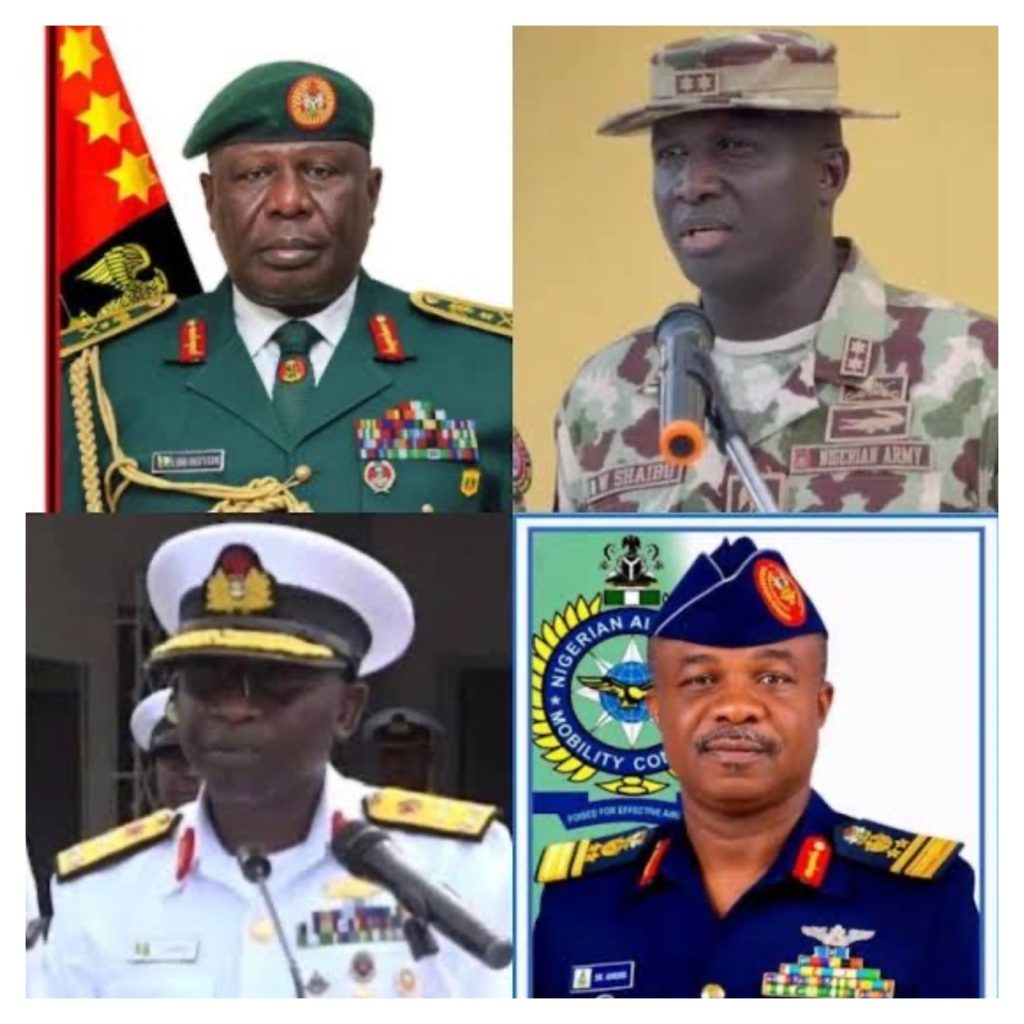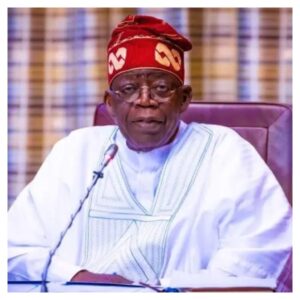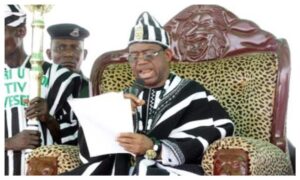The recent sack of Nigeria’s service chiefs by President Bola Tinubu has stirred mixed emotions across the northern region. According to Ambassador Abdullahi Bokaji Adamu, Country Director of the International Human Rights Commission (IHRC) and a retired Army Captain, many northerners are watching closely to see if the new appointments will reflect fairness and regional balance. He described the President’s move as both political and strategic, saying it shows readiness to take bold steps but also raises questions about internal politics.
Speaking in an interview, Adamu explained that while the official reason for the reshuffle might be tied to improving the country’s security situation, there could also be political undertones or internal power struggles influencing the decision. He added that some Nigerians believe the sack might be linked to an alleged attempted coup or realignments within the military, even though such claims remain unverified.
Adamu noted that in Nigeria, politics often plays a major role in security appointments, as leaders tend to favor individuals from their political circles or regions. This, he said, undermines merit and national unity. However, he admitted that the new appointments appear more regionally balanced, with two of the four new service chiefs coming from the North, helping to ease early tensions and suspicions in the region.
The IHRC Director stressed that northerners now expect results, not promises. He said the region has suffered greatly from banditry, insurgency, and kidnappings, and people have grown tired of empty speeches. Adamu also criticized the government’s pattern of acting quickly only when elites are affected, urging it to prove that its decisions are not politically motivated but aimed at ensuring justice and equality.
Adamu advised the new service chiefs to adopt a people-centered strategy that combines military operations with intelligence, dialogue, and community cooperation. He warned that success would depend on how much support they receive from the government. “What Nigerians want is peace, fairness, and sincerity,” he concluded. “If handled well, this change could bring lasting results, but if politics keeps driving decisions, insecurity will continue.”







